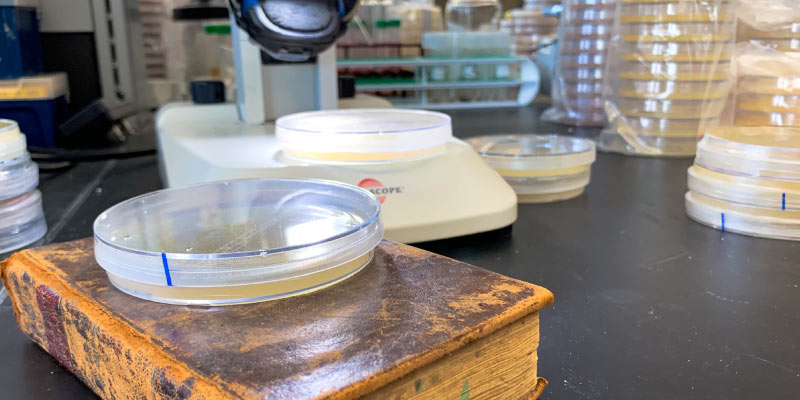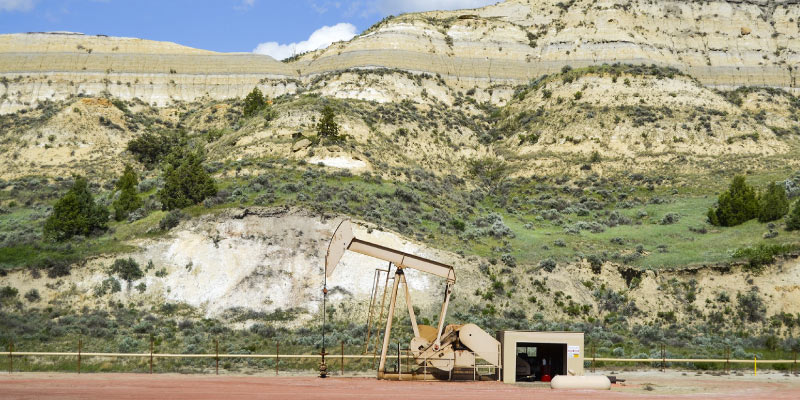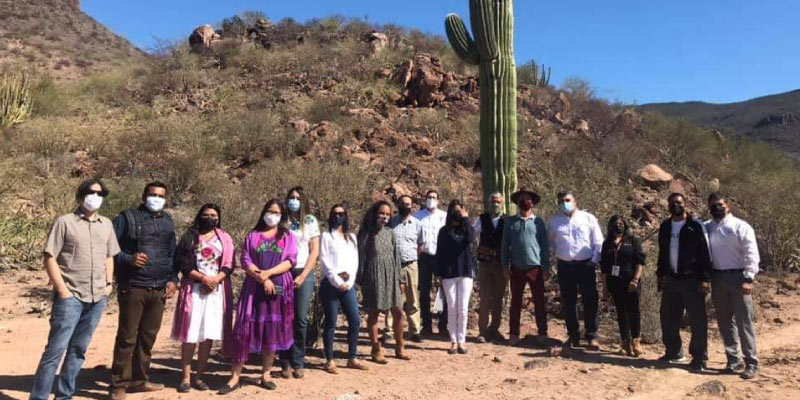CHE is the proud sponsor of six multidisciplinary environmental research working groups for the 2021-2022 academic year. Consistent with its mission, CHE’s research initiative encourages multidisciplinary collaborations in environmental research at the University of Wisconsin-Madison and beyond. These groups show promise in advancing innovations in interdisciplinary (methodological) approaches to environmental research; making novel contributions to scholarly knowledge of human dimensions of an environmental issue; promoting environmental justice; increasing public access to academic works; and supporting meaningful and measurable graduate student career development. As these research projects conclude, each group will present its work to the CHE community.
Turbulent Futures: A Working Group on Atmospheres
This working group posits the atmosphere as a key site for Environmental Humanities interventions. Cross-disciplinary attention to atmospheric mediations allows scholars to think anew the relay between visible and invisible phenomena, between everyday experiences of weather and statistical descriptions of climate, between old and new materialisms, and between scientific investigations of fluid dynamics, social-scientific attention to intersecting earth and social systems, and humanistic explorations of the seemingly ethereal histories that lend places their distinguishing feelings. Group Lead: Monique Allewaert, associate professor, English, CHE faculty associate

Microbes, Old Media, & Marginalized Archives
How does climate change threaten to erase the histories of marginalized peoples? This group explores the histories we find on–but also in–the pages of archival media. Relying on the group members’ varied expertise in archives and labs and building on the methodology of biocodicology (the study of biological information stored in old books), we seek to characterize and understand a sample of the largely unidentified microbial communities that thrive on archival media. Drawing on our preliminary data and the research database we create, we will write and submit two major grant proposals. Group Lead: Joshua Calhoun, associate professor, English, CHE faculty associate

Navigating Justice: Environmental Guides for the Upper Midwest and Northern Great Plains
Navigating Justice brings together CHE scholars and community partners working on numerous environmental justice issues across the
Upper Midwest/Northern Great Plains. The issues we will explore include metallic mining in Wisconsin, coal mining remediation in North Dakota, oil development across the region, and PFAS contamination. This group grows out of existing academic-community collaborations to produce guides that distill the interwoven cultural, historical, legal, and scientific aspects of complex EJ issues for non-academic, non-specialized audiences. Group Lead: Caroline Griffith, graduate associate
Uncertain Agroecologies: Wisconsin Farmer Responses to Environmental and Social Change
In the face of growing uncertainty due to environmental (e.g. climate, land use) and social (e.g. COVID, farm consolidation) change, farmers must adapt both on their farms and in their broader social and economic networks in order to remain viable. This project will compare how different agricultural communities of practice in Wisconsin (conventional dairy/row crop farmers, small-scale organic fruit & vegetable growers, and Indigenous farmers) perceive and respond to uncertainty, and how this manifests in the ecology of their farms. Group Lead: Ben Iuliano, graduate associate
Alien Earth: Mapping Planetary Humanities
Recurring colonial regimes of racialized violence and capitalist extraction and neo-colonial efforts to privatize and militarize outer space unsettle the terrestrial and extra-terrestrial boundaries of planet Earth. To account for this tension, Alien Earth articulates the notion of “planetarity” as an ontological practice and scholarly technology. The project draws on a transdisciplinary perspective from the sciences, humanities, and art to disentangle the local, global and cosmic forces that shape contemporary imaginaries of planetary world-making. Group Lead: Frederic Neyrat, associate professor, English, Mellon-Morgridge professor of Planetary Humanities, CHE faculty associate

Psychedelic Humanities, Amphibian Conservation, Indigenous Water Rights, Mental Health, Intertribal Alliances, Neoshamanism, and Conspirituality
This working group’s research focus is to sustain our group member’s existing efforts to 1) advocate for the preservation of the Sonoran Desert Toad via species research and monitoring; 2) develop and implement an integrative mental health program in collaboration with specialist researchers and traditional doctors from diverse cultures related to the Yaqui culture; and to specifically 3) extend these projects via inquiries into the human dimensions (social, cultural, and historical factors) at play in each case. Group Lead: Amanda Pratt, graduate associate